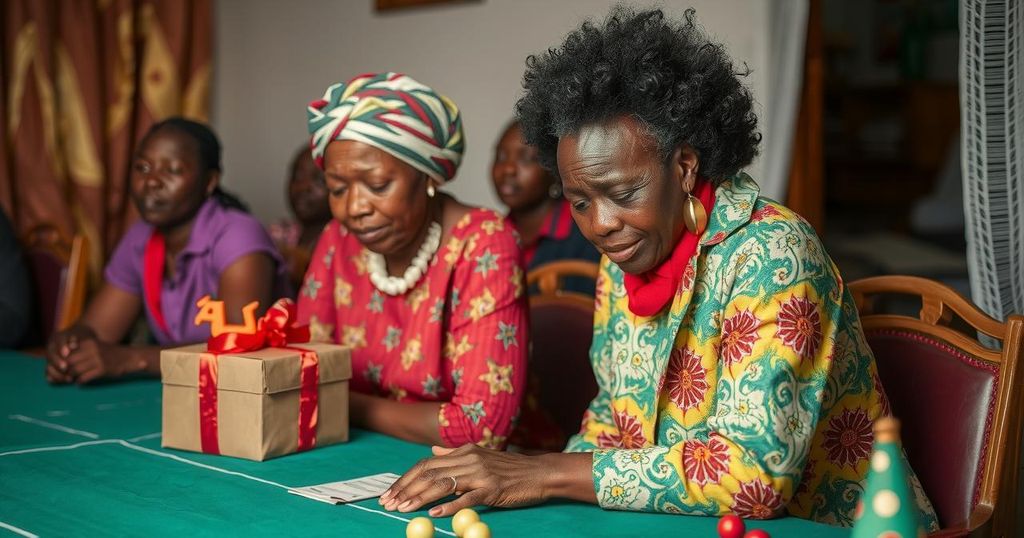A recent Infotrak survey reveals that approximately 60 percent of Kenyans will not celebrate Christmas and New Year due to financial challenges. The survey, which included 606 participants from all counties, indicated that 86 percent cited lack of money as the reason. The financial strain affects various demographics, with significantly high percentages in regions like Nairobi and North Eastern, highlighting the pervasive impact of the rising cost of living on holiday festivities.
A recent survey conducted by Infotrak on December 20 has revealed significant economic difficulties affecting a large segment of the Kenyan population during the ongoing festive season. The study, involving a diverse sample of 606 adult Kenyans from all 47 counties, indicates that nearly 60 percent of those surveyed will not partake in Christmas and New Year celebrations due to financial limitations. Notably, 86 percent cited a lack of funds as the primary reason for opting out of these festivities, highlighting a pervasive economic strain across all demographics, including age, gender, and region.
In metropolitan Nairobi, a striking 100 percent of respondents reported financial distress, while 91 percent from the North Eastern region echoed similar sentiments. The Rift Valley region also showcased significant economic burdens, where 83 percent of participants acknowledged difficulties associated with their finances. Although the predominant factor for holiday non-participation revolves around economic constraints, a minor portion—10 percent—expressed a declining interest in holiday activities. Moreover, 6 percent revealed they would continue working through the holiday period, with 1 percent identifying as Muslims and another 1 percent belonging to religious groups that do not celebrate Christmas and New Year.
Other responses indicated personal issues such as lacking family connections for celebration and the preoccupation with pressing financial responsibilities, such as school fees and educational supplies. The survey utilized Computer Assisted Telephone Interviews (CATI), achieving a remarkable response rate of 96 percent with a margin of error of ±4.001 percent, thus ensuring credible and reliable data representation.
This survey offers a sobering glimpse into the impact of rising living costs on traditional holiday festivities in Kenya. As economic pressures intensify, many households are challenged to engage in cultural celebrations that typically promote community and family bonding.
The economic situation in Kenya has been increasingly troubling, with many citizens grappling with the high cost of living. Holidays typically celebrated with great fervor are now overshadowed by financial constraints that prevent families from participating in traditional celebrations. This survey sheds light on these challenges, providing a snapshot of how economic factors inhibit social and cultural practices during the festive periods.
The findings of the Infotrak survey underscore the difficult economic conditions that have prompted many Kenyans to forgo traditional holiday celebrations in favor of managing their financial realities. With substantial percentages of the population directly citing financial constraints as the reason for non-participation, the survey illustrates the need for broader economic interventions to alleviate these burdens. As living costs continue to rise, the impact on social cohesion and cultural practices remains a critical concern for Kenyan households.
Original Source: mwakilishi.com






